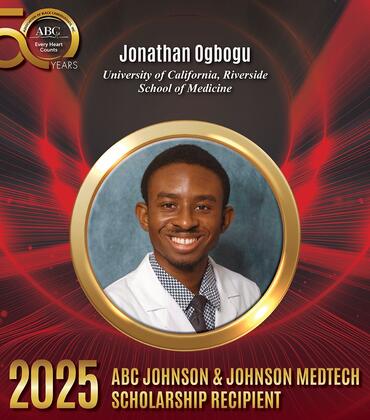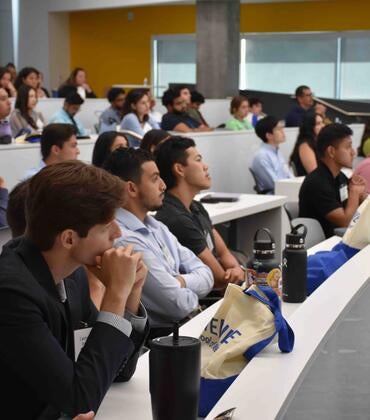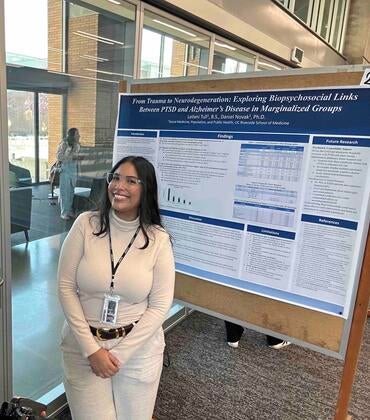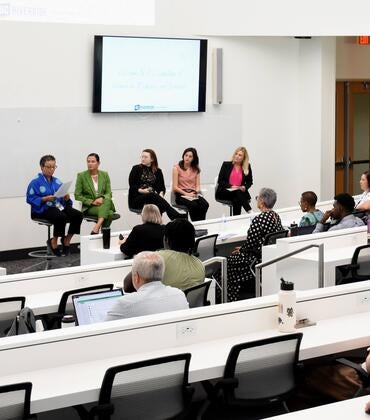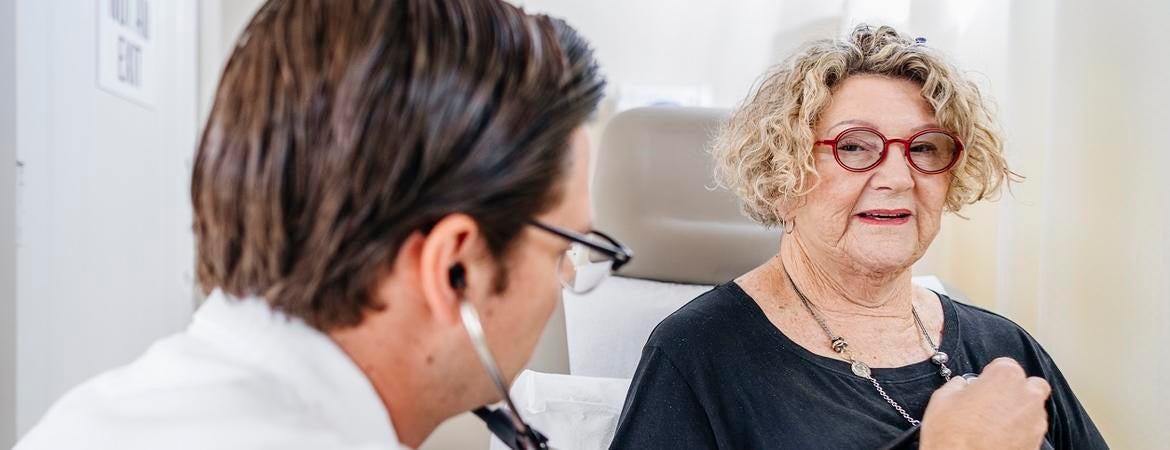
In a series of small gatherings in early June, the UC Riverside School of Medicine celebrated the graduation of a total of 23 residents in the primary care fields of family medicine, internal medicine, and psychiatry and nine fellows in the fields of addiction medicine, child and adolescent psychiatry, gastroenterology, cardiovascular disease, and interventional cardiology.
Dating back to 2016, a total of 114 residents and 30 fellows have graduated from UCR-sponsored programs. Of the residents, 50 have stayed in the Riverside, San Bernardino and Coachella Valley regions and 100 have stayed in California. Another 10 of the fellows have stayed in the region.
“This is an example of the UCR School of Medicine making good on its mission to improve the number of physicians in the Inland Empire,” said Vice Chancellor for Health Sciences and the Mark and Pam Rubin Dean Deborah Deas, M.D, M.P.H. “During their residencies and fellowships, many of these doctors have built a bond with our community and feel a commitment to continuing those relationships.”
Since 2017, the UC Riverside School of Medicine has graduated of five classes of medical students who had completed the four-year medical education program, with more than 250 new M.D.s joining the profession.
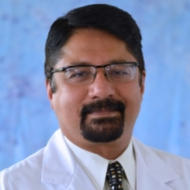
“One of the best indicators of where physicians will practice is where they complete their medical training,” said Dr. Rajesh “Robby” Gulati, the associate dean for Graduate Medical Education (GME), who explained that Riverside County has more residents than Orange County but fewer primary care physicians. “Physicians are most needed in primary care specialties and the UC Riverside School of Medicine GME program has stepped in to serve the underserved population where it is needed most. A good number of our residents after finishing their training prefer to stay locally thereby improving access to healthcare for our local communities.”
Upon graduating from medical school, the newly-minted doctors enter a residency program in the specialty of their choice. The programs, which usually last three or four years, build upon the general medical education and expand their knowledge and expertise. Upon completion, the doctor becomes a board-certified clinical specialist.
Fellowships come after residencies, though not always immediately afterwards. Fellows receive more specialized training in a particular area of medicine. For example, a physician who had completed their residency in psychiatry may choose to go into a specialty area such as addiction medicine or child and adolescent psychiatry. A doctor may pursue multiple fellowships during their careers.
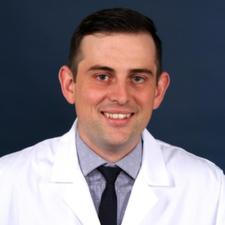
For Dr. Joshua Winn, a graduate of the UCR School of Medicine who completed his family medicine residency at Riverside University Health System and will be starting his career in Indio, staying in the region was an easy decision.
“It is where I grew up and where my family is. I know the area well, including its shortcomings with healthcare,” he said. “It is vastly underserved and we know, in general, that opportunities are worse for the people here. I hope to improve that. I am very interested in, and curious about, the kind of impact I can have on the people of Indio.”
